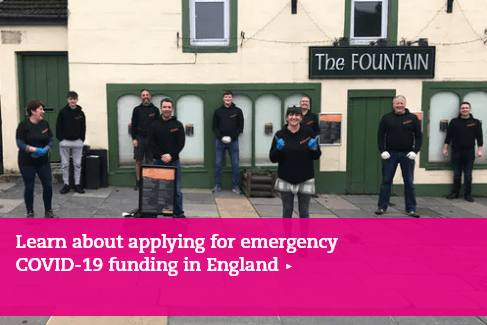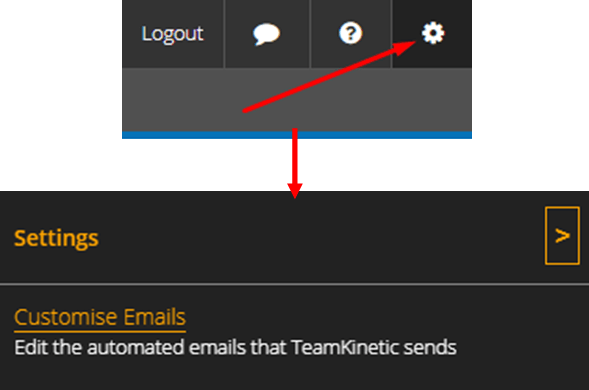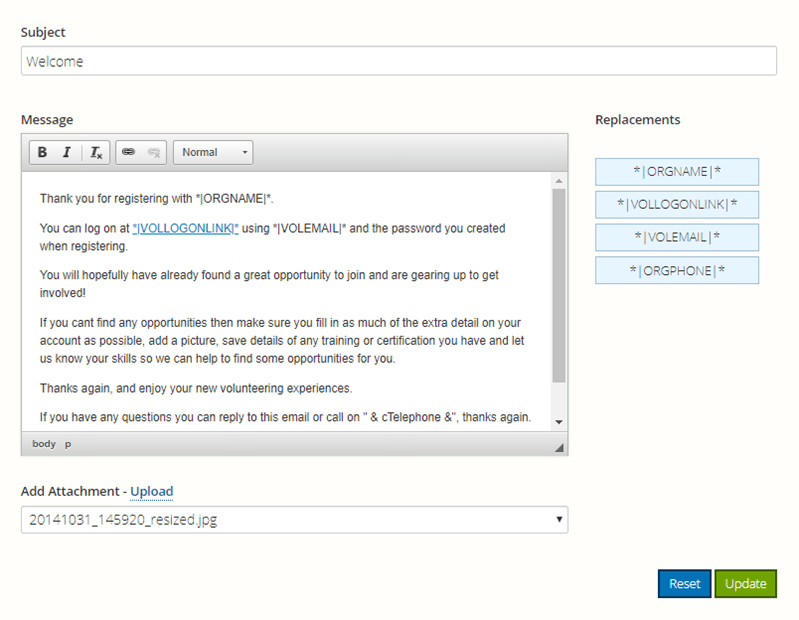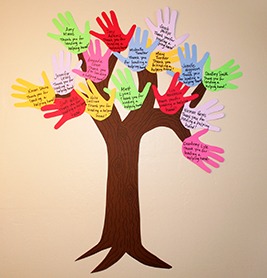
Advertising an engaging volunteering opportunity is not always the simplest task. And often the clearest messages can become disfigured, resulting in your opportunity becoming less attractive to prospective volunteers. Below we’ve identified some examples of how to design and present a strong volunteering opportunity on your TeamKinetic platform. Each element has been streamlined to guide you through an on-brand TeamKinetic experience that is engaging and most importantly, eye appealing to your volunteers.
Where should your opportunity live

The most obvious place of all is your own website, for your prospective and current volunteers your website provides a safe and secure portal in which you can display your volunteering opportunities clearly for all to see. In turn, it will also allow you to easily collate data on the number of people viewing your opportunities page, by monitoring web analytics with Google Analytics.
Name your opportunity

Be clear and concise, over the years we’ve seen many volunteer managers fall victim to the mistake of over advertising their volunteering opportunity. The best practice would be describing the opportunity in its simplest form by using as few words as possible, for example ‘volunteer caretaker’. By over complicating simple roles with complex names will only off put your volunteers. You may also wish to add a location, contact email and phone number as these are the key details which your volunteer is likely to need straightaway.
Outline your opportunity

Now here’s your opportunity to say more, no pun intended… When writing your descriptions keep them short and sweet, whilst listing the main tasks the volunteers will be expected to do during the opportunity.
Why not offer an incentive? We’ve found from customer feedback that these make the opportunities more appealing to volunteers. For example, an incentive may be unlimited tea and biscuits or a free T-shirt. If we know anything about volunteers we know they love tea and biscuits.
Finally, summarise the benefits. In this part you will want to describe how this volunteering opportunity will bring your volunteer’s fulfilment. How will their volunteering efforts make a direct impact?
Be clear in your presentations of your opportunity, make key information stand out.
When and where?

These are the fundamental outlines which are absolutely necessary when creating your volunteering opportunity. Day, time and location will outline the commitment time frame in which your volunteers will have to make. Also if possible make clear what type of volunteering opportunity this is, event, ongoing or just a one-off.
Show off the good REVIEWS

Make your feedback visible, think of your feedback like your own personal catalogue of reviews. In a modern world filled with decisions, reviews offer simple and relevant guidance. Similarly to this, the feedback from previous volunteers will provide guidance to your potential volunteers, encouraging them to enjoy the same positive experience.
Call for action

Always leave some visible call to actions, these will encourage the volunteer to perform some form of action. Call to actions may be subtle but they are all nudging your volunteer to do one thing. And that’s registering on your opportunity.
Call actions can include
- Social media sharing links
- Document printing
- Internal links (other opportunities, company website)
- Register / Logging in options
Here at TeamKinetic we can help with all your volunteer management needs. Go to our website to create a demo site – it’s completely free! You can also call us on 0161 914 5757 with any questions.
Don’t hesitate to reach out on social media, you can find us on Twitter, Facebook, and LinkedIn. You can also go to our YouTube channel to see some examples of the features we have to offer and some of the people we already work with.












































